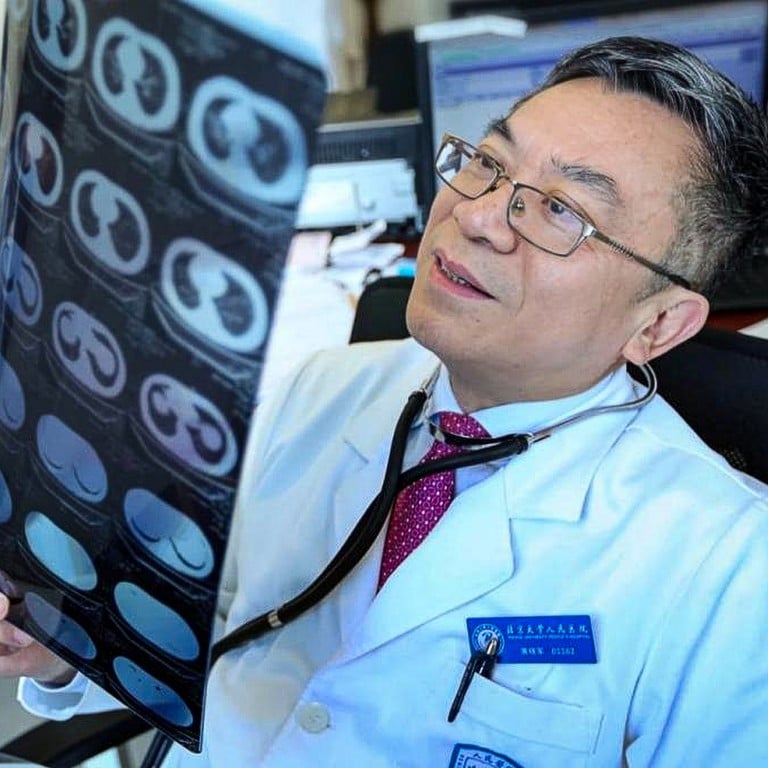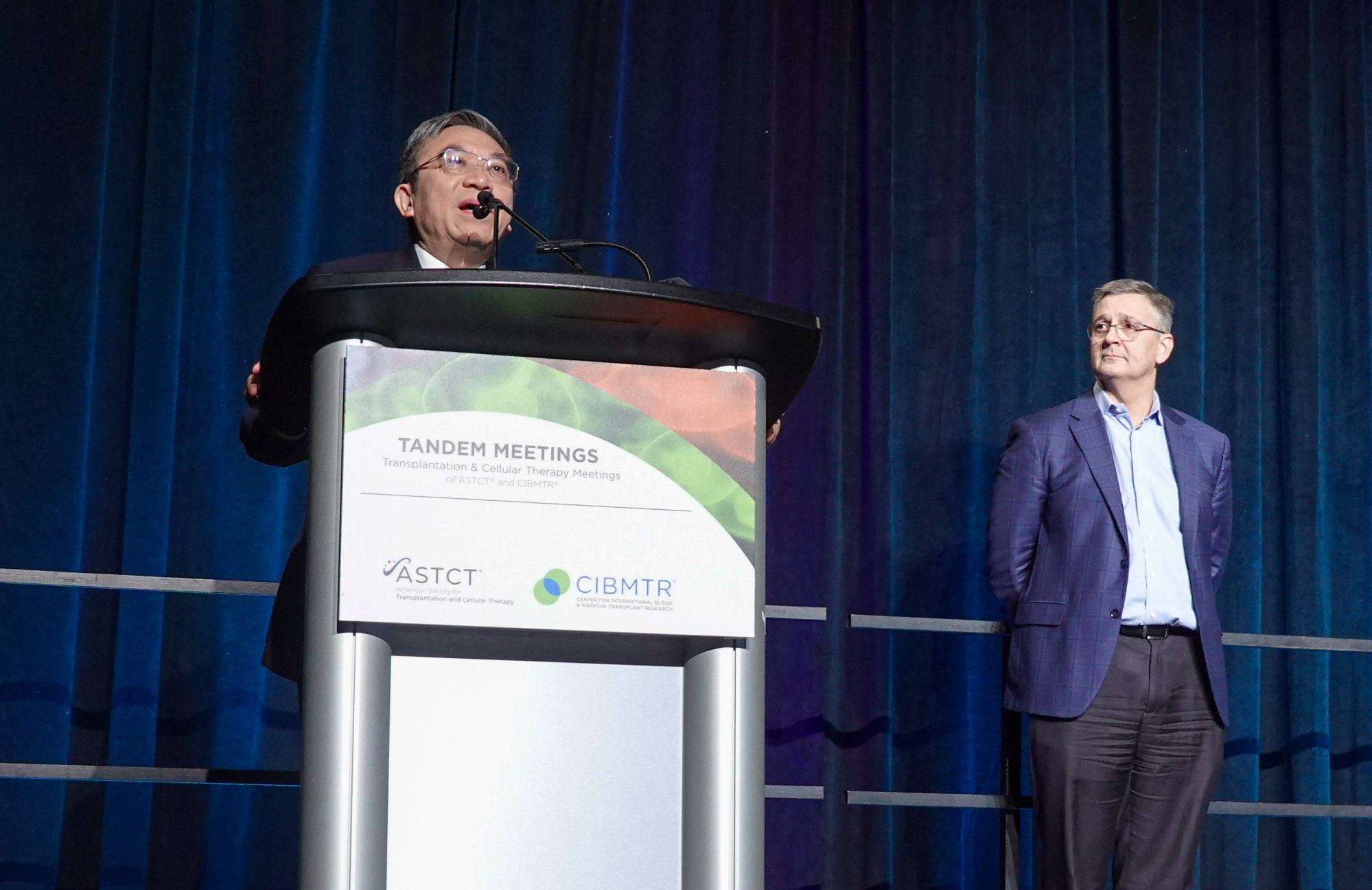
Chinese researcher hailed for life-giving leukaemia transplant research
- Huang Xiaojun developed a treatment that greatly expanded the pool of bone marrow donors
- His process has spread throughout China and the world, and recognised by his peers with an award
A Chinese medical professor has been recognised by his international peers for research that increased the survival rate of some leukaemia patients.
Huang Xiaojun, director of the Institute of Haematology at Peking University, was granted the distinguished service award from the Centre for International Blood and Marrow Transplant Research on Friday for developing a series of treatment techniques now known as the “Beijing protocol”, according to state news agency Xinhua.
These kinds of transplants enable patients to draw on a bigger potential pool of donors, such as parents and siblings.
Verneris said the techniques had led to a significant increase in haploidentical transplants.

The techniques were officially named the Beijing protocol in 2016 and have become one of the main methods of such bone marrow transplants, according to the Xinhua report.
The protocol has also become an important treatment for various medium and high-risk types of leukaemia, used in countries including South Korea, Italy and France.
Huang, an academician of the Chinese Academy of Engineering, was quoted by Xinhua as saying the award would “promote cooperation between China and the world in the future” in this field.
Bone marrow, or stem cell, transplants are one of a number of common treatment options for people with leukaemia, which generally refers to cancers of blood cells.
But a lack of matching donors for the transplants had been a problem worldwide and half-matched donations came with a high risk of rejection and graft-versus-host disease for the patient.
Huang’s work targeted these risks by developing a process without depleting the donor material of T-cells, which play an important role in immune response.
The research made more donations from parents or children possible, easing some of the donor shortages, according to previous reports. In 2018, these kinds of bone marrow donors accounted for roughly 60 per cent of transplants – and the national rate is rising.
In an undated promotional feature for Peking University People’s Hospital, Huang said “there are also still technological challenges in treating some other types of leukaemia and solving the issue of post-transplant relapse”.
“With the development of personalised care, I hope leukaemia will soon become a curable disease,” he said.

